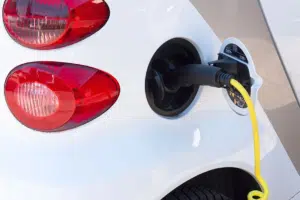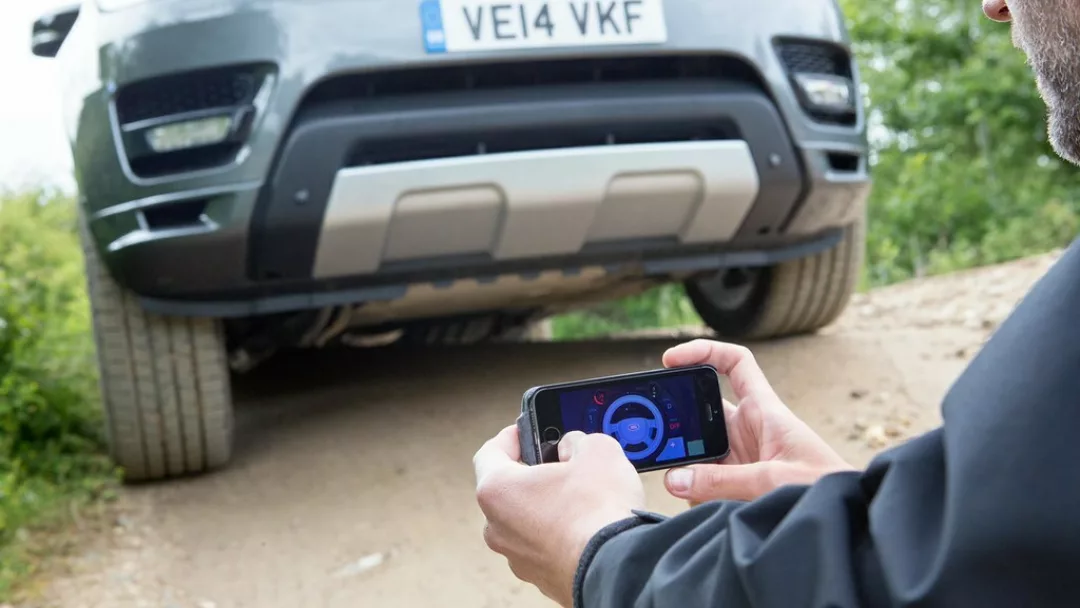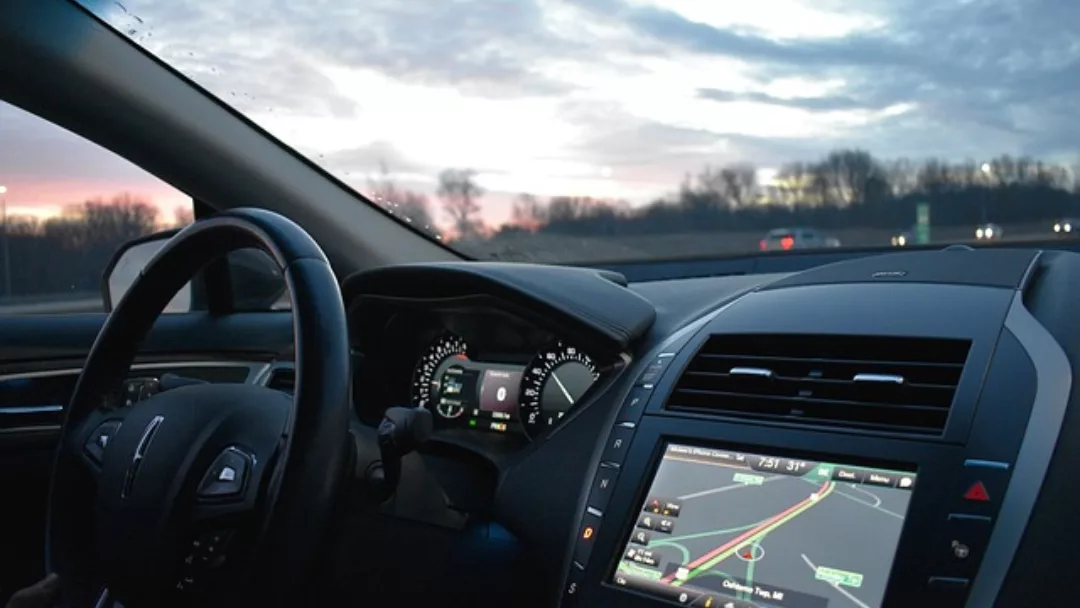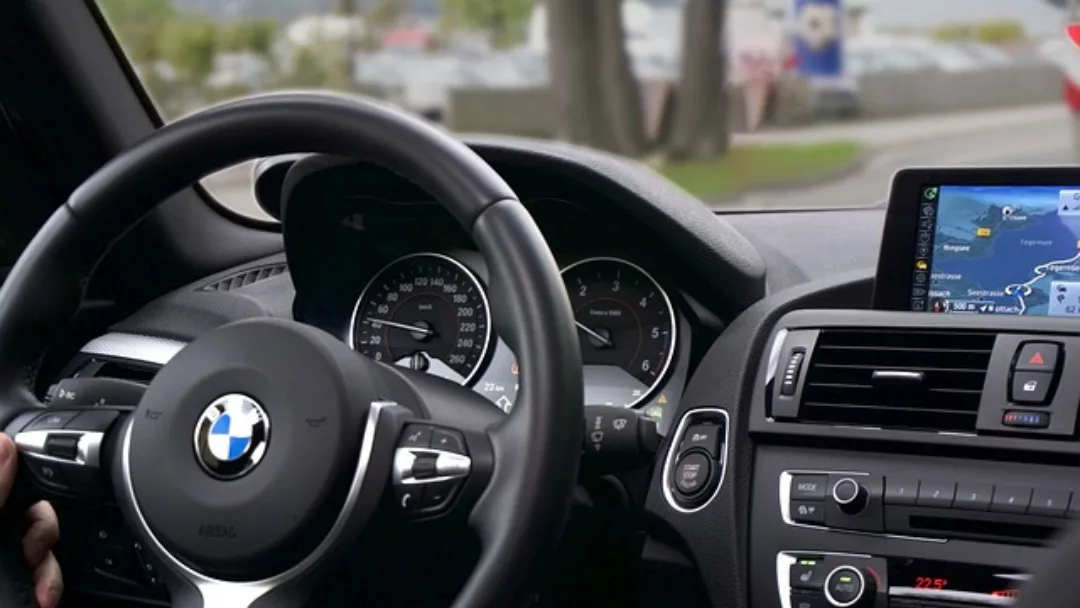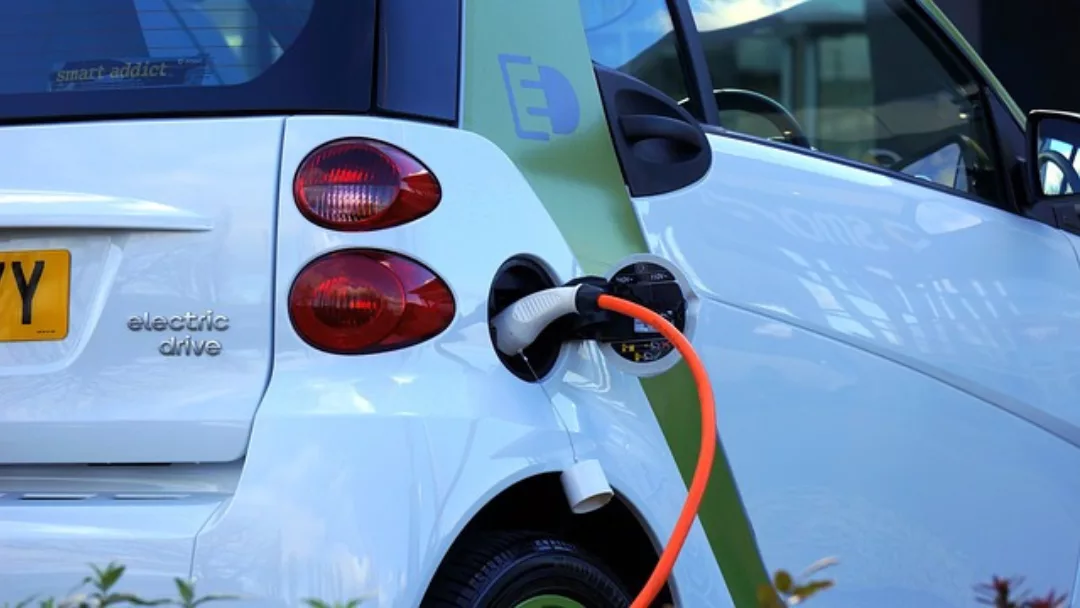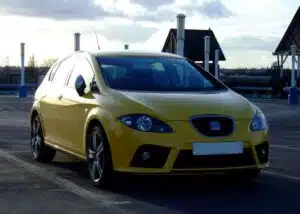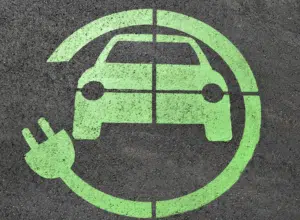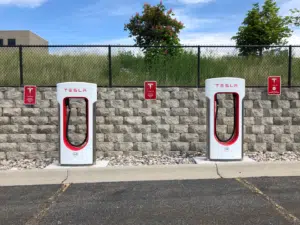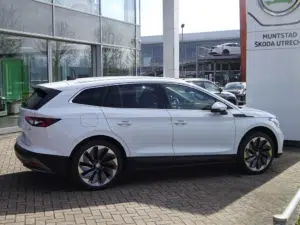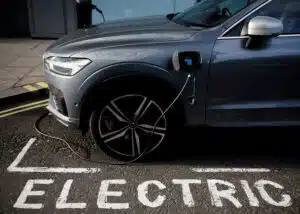Remote driving takes a lot of the stress out of everyday driving some would say and thanks to the rapid advancements in technology, it is already used in controlled environments, such as warehouses and farms, according to Law Com.
Of course, there are undoubtedly concerns about the safety of remote driving technology. For example, a Law Commission report revealed that terrorists could hijack remote cars. The report also noted that two companies were already testing remote drive technology in the UK to bring vehicles to customers.
What is remote driving?
The Law Commission considers remote driving technology as something that enables a person to drive a vehicle from a remote location. For example, the driver would not have a direct line of sight of the vehicle and it may be in an operation centre located miles away. This would mean the driver could have several screens available to him along with a control system to direct the vehicle on the road. Other options include a self-driving steering wheel, autonomous emergency braking, blind spot detection, adaptive cruise control and radar sensors to reduce the risk of human error.
Remote driving can also be referred to as teleoperated or remote-controlled driving with a human in front of a steering wheel, brake, and gas pedals, and a “windshield” plastered with monitors.
How do remote cars work?
Remote cars and autonomous cars are different. However, the technology that remote cars have could also be used to support autonomous vehicles, says the BBC. While remote cars are controlled by a person, an autonomous car can operate without human intervention and it uses sensors and software to detect their surroundings and navigate without any human input.
The Law Commission has also addressed the fact that whereas most UK trials of self-driving vehicles have an in-vehicle “safety driver”, there is increasing interest in using remote driving technology to enable the safety driver to be located outside the vehicle.
Commenting on the new paper by the Law Commission, Nicholas Paines QC, Public Law Commissioner said: “Remote driving technology is already capable of being used on our roads. We hope our issues paper can contribute to a healthy debate about the appropriate regulation of this technology and what can be done to maximise the protection of road users while encouraging innovation.
“We look forward to hearing views on the challenges and possible ways to solve them.”
Can I own a self-driving car in the UK?
Self-driving technology is a game changer. It essentially allows for autonomous driving, meaning that no human intervention is required, and it’s all thanks to autonomous vehicle technology. It uses advanced technology like lidar, sonar, GPS, radar, or odometry, and inertial measurements to identify environmental changes and assist a driver in maintaining speed and distance, says Car and Driver.
Given that self-driving cars require minimal to no assistance from a human driver, don’t worry, you can own a self-driving car right here in the UK. However, you must fulfil certain conditions. For example, there must be a driver inside or outside the vehicle who is ready to take back control and the vehicle must be roadworthy and appropriate insurance must be in place, says Green Flag.
Self-driving can also be referred to as an automated driving system, which means that the driver has delegated the ability to drive to the vehicle automation system. According to Science Direct, a completely autonomous driving system is an integration of already established systems of adaptive cruise control, parking assistance, and autopilots into a unified function that is learning to adapt its driving behaviour based on driver preferences and data from the related safety and connectivity functions. When you think about vehicle automation it’s incredibly clever and the truth is, the evolution of automated driving systems is completely underway.
How much will an autonomous car cost?
Believe it or not, Ford has the first hands-free car. Thanks to its BlueCruise system, which allows motorists to use self-driving without touching the steering wheel.
The Department for Transport has approved the American giant’s “BlueCruise” system, which automatically adjusts speed, steers around roundabouts and brakes while driving on motorways – although the car will warn drivers if they take their eyes off the road, and overtaking is not permitted.
BlueCruise will only work on motorways in England, Wales and Scotland, using location sensors to register when the vehicle is on approved roads, according to The Telegraph. This system is only available on the 2023 model of the Mustang Mach-E electric SUV, which costs £50,830 and up, says Ford. Ford said owners would get 90 days free when buying the car and would then have to pay £17.99 a month for the upgrade.
The cost of autonomous cars varies depending on the level of autonomy and the technology used. For example, full self-driving is the newest driver assistance software offered by Tesla. The term itself isn’t necessarily accurate, but vehicles equipped with the software will require less driver input than ever before.
Although Tesla has had autopilot for many years, which requires the driver to have hands on the wheel at all times, it also allows for full self-driving, which expands on the carmaker’s Autopilot suite of advanced driver assistance system software. While autopilot navigates highways and performs instrument-guided manoeuvres at interstate speeds, full self-driving also adds the ability to drive semi-autonomously on city streets and through residential areas too.
Conclusion
In conclusion, the option to purchase a self-driving car without the need for human drivers or a product with vehicle automation is already possible but we expect the technology for driver assistance systems, autonomous vehicles and driverless cars to be at the forefront of driving innovation over the next few years.




















